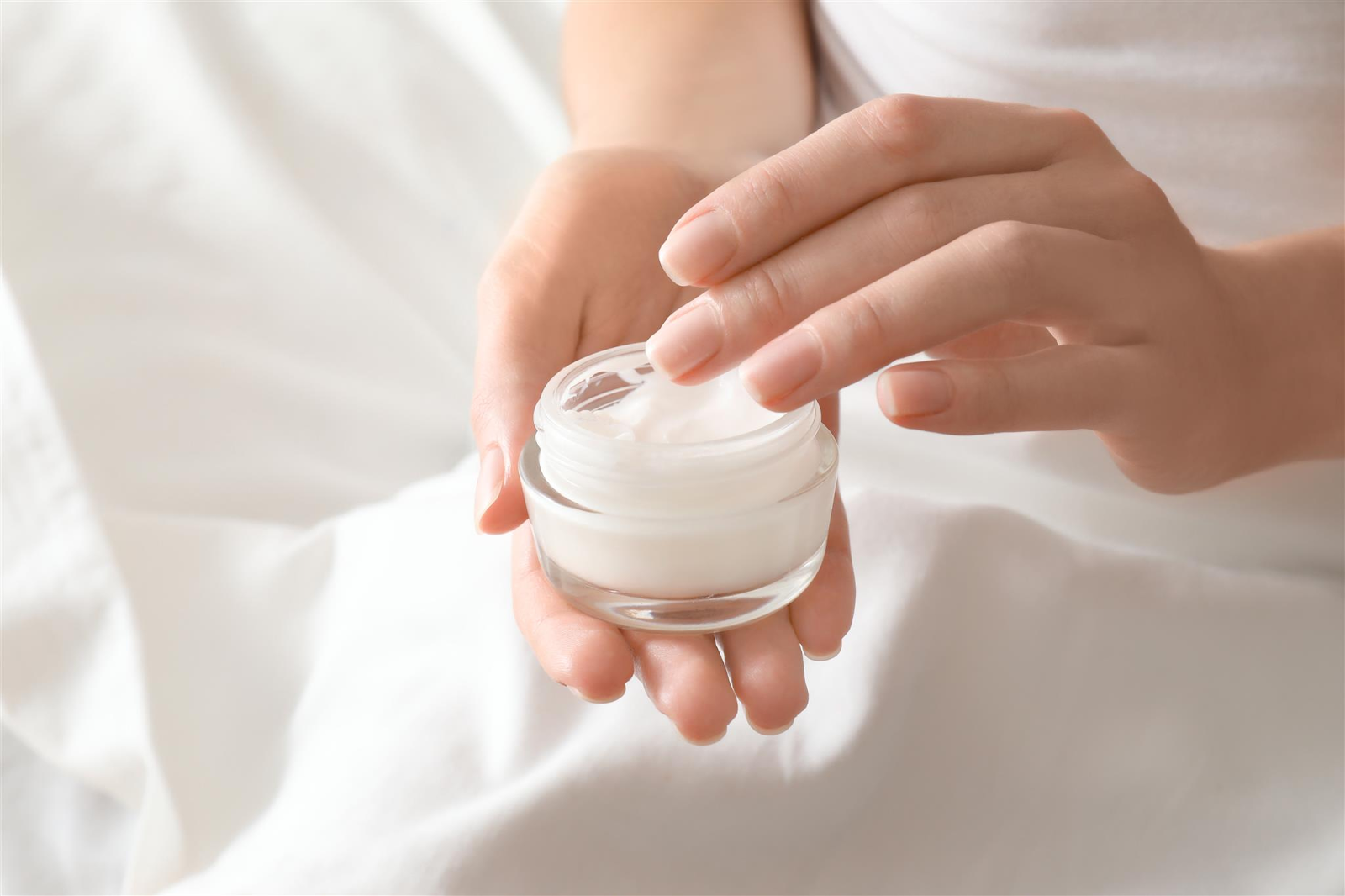Peptides are short chains of amino acids that serve as the fundamental building blocks of proteins. They naturally occur in the human body, where they support essential biological functions, but can also be found in foods, supplements, medications, and skincare products. Because of their versatility, quality peptides have become an important part of health, nutrition, and cosmetic science.
What Are Peptides?
A peptide is formed when amino acids link together, much like beads on a string. Typically, a peptide contains between two and fifty amino acids arranged in a specific sequence that determines its structure and function. These molecules can be grouped into two main types: endogenous peptides, which are produced within the body, and exogenous peptides, which come from outside sources such as food or supplements.
Endogenous peptides play a role in processes ranging from immune response to cell communication and wound healing. Proteins themselves are composed of longer chains known as polypeptides, held together by peptide bonds. Meanwhile, exogenous peptides are introduced into the body through diet, supplements, or medications, where they can support various physiological functions.
Peptides in Supplements and Food
Peptides derived from external sources are commonly found in dietary supplements. They are easier for the body to absorb than whole proteins because of their smaller size. This makes them particularly useful in nutrition and health support. Collagen peptides, for instance, are often used to promote joint and skin health, as they are broken down into smaller fragments that the body can readily utilize.
Food is another natural source of peptides. They are found in dairy, grains, meat, and seafood, where they contribute more than just nutrition. Certain peptides found in these foods have been shown to support anti-inflammatory, antioxidant, and blood pressure-lowering effects, making them an important part of a healthy diet.
Peptides in Medicine and Skincare
Beyond supplements, peptides have a strong presence in medicine. They are used as therapeutic agents in a wide range of treatments, with insulin being a classic example of a peptide-based drug. Dozens of peptide medications are currently approved for medical use, addressing conditions from hormonal imbalances to chronic diseases.
In skincare, peptides are prized for their ability to support skin structure and appearance. Applied topically in creams or serums, peptides may help improve skin hydration, reduce signs of inflammation, and protect against environmental stressors such as sun exposure. This has made them a key ingredient in many cosmetic formulations.
Benefits of Peptides
Peptides provide a variety of health benefits, whether consumed in foods, taken as supplements, or applied through medications and skincare. Their roles are diverse and can positively influence several aspects of health and wellness.
Muscle Health and Performance
Research suggests that peptide supplementation may help improve body composition, muscle strength, and recovery. Collagen peptides in particular have been linked to reduced joint pain, enhanced mobility, and increased muscle mass, especially in older adults with lower muscle density. Certain peptides also influence energy storage and utilization, which can benefit both athletes and non-athletes. Some peptides are even studied for their role in stimulating growth hormone production, supporting muscle growth and repair.
Brain Function and Mental Well-being
Opioid peptides, naturally found in both foods and the body, interact with receptors in the brain and may influence mood and stress response. Studies suggest that peptides derived from sources like soy and dairy could support brain function and potentially help with anxiety and stress management. Ongoing research is exploring their potential in mental health applications, pain relief, and relaxation therapies.
Skin Health and Anti-Aging
Collagen is a vital component of skin, providing structure, elasticity, and strength. As natural collagen production declines with age, supplementation with collagen peptides can help reduce wrinkles, improve hydration, and enhance elasticity. Research has shown that collagen peptides are absorbed into the bloodstream, accumulate in the skin, and remain active for days, supporting lasting improvements in skin texture and resilience. Topical products containing peptides also provide benefits, helping to calm inflammation and reduce visible signs of aging.
Other Potential Benefits
The use of peptides spans a wide range of fields, including pharmaceuticals, nutrition, and cosmetics. They are being investigated for roles in managing conditions such as diabetes, cancer, and osteoporosis, while also offering functional benefits in daily health and wellness. Their versatility makes them an important focus in both clinical research and consumer products.
Possible Side Effects
Like all bioactive compounds, peptides can have side effects depending on their source and use. Medications based on peptides may sometimes cause adverse reactions, similar to other drugs. Collagen peptides, which are commonly used as dietary supplements, are generally considered safe but may lead to mild digestive discomfort in some individuals. Growth hormone–related peptides, while promising in certain medical settings, should not be used outside of professional supervision due to potential risks and a lack of long-term safety data.
Choosing the Right Peptide Supplement
For those considering peptide supplementation, collagen peptides are the most widely available option. They can be purchased in powdered form, as capsules, liquids, or gummies. When selecting a supplement, it is advisable to choose products from reputable sources that follow strict safety and quality standards. Checking ingredient labels is also important, as some products may contain added sugars, colors, or other additives that may not suit every preference.




